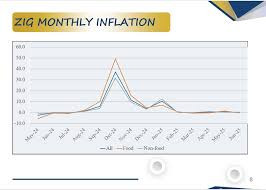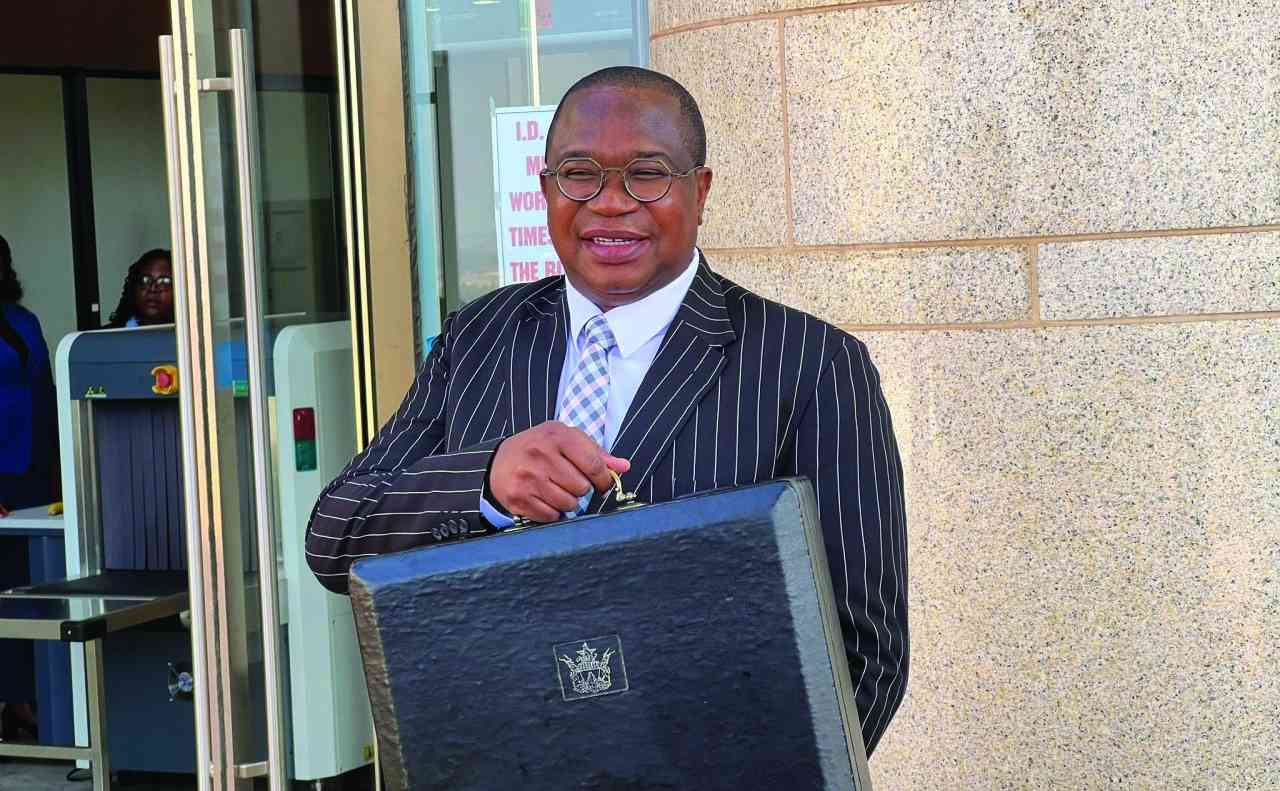THE Zimbabwe Association Pension Funds (ZAPF) recently held its 48th annual general meeting (AGM) and Conference in Victoria Falls. The regulator, Insurance and Pensions Commission (Ipec) flagged a number of issues in the industry, among them the failure to produce audited accounts and a high expenses framework that prejudices pensioners. Our senior business reporter Melody Chikono (MC) spoke to Ipec pensions director, Cuthbert Munjoma (CM) on the issue.
MC: You have indicated that you are worried about non-compliance by the industry in terms of audited results. Can you shed more light on this?
CM: It is a statutory requirement in terms of the Pension Providence Act that all pension funds administrators, brokers and insurance companies submit audited accounts. According to the new Act enacted effective 2nd September 2022, pension funds should submit by the 31st of March. We are concerned as a regulator because only 8% have submitted, which is a breach of a statutory requirement.
The implication is that Ipec will not be able to produce a report, which is expected in terms of the Act. We also produce a report on the state of the industry, which is submitted to the Ministry of Finance and Parliament. Now, stakeholders will get archaic information. An audit serves as assurance that it is a true reflection of the state of a transaction that took place. This industry has been saying that it is the auditor (who are at fault).
They say the audit profession is now servicing clients remotely post Covid. They used to say auditors are now scarce. But through our engagements with PAAB (Public Accountants and Auditors Board) and ICAZ (Institute of Chartered Accountants of Zimbabwe), we actually established that there was capacity. The board went to the extent of engaging the auditors to say you are delaying with financial for pensions. Everyone confirmed that they had capacity.
MC: So, what is the problem?
Keep Reading
- UK based Zimbabwean divorces wife of 33 years over conjugal rights
- New perspectives: Money laundering red flags in insurance sector
- 3 000 non-resident pensioners owed US$1.5 million, says Ipec
- Removing barriers to women’s financial inclusion
CM: The problem is with pension funds. The accounts have to be prepared and audited. They don’t have capacity. If you go to big entities, you see possibly the accounts executive and students on attachment. They have not resourced finance departments, which are responsible for preparing. They are not prioritising the issue of audited accounts. Traditionally we used to fine pension funds, but those who would have caused the delay were not punished. Now, we are fining he who causes the delay.
MC: Besides these, what other concerns do you have as the regulator?
CM: We that concerned about the issue of expenses. We are worried about the cost of looking after these funds. Although we introduced the expenses framework, we still have some pockets of non-compliance around this. Among these are stand-alone pension funds. They are entering into collective bargain arrangements to pay workers in United States dollars.
The salaries are very high compared to other industries. Our engagements with the Ministry of Labour points to that. They agree that even in forex, the salaries are too high. The owners of the forex (pensioners) are not getting anything.
It is not just about salaries. They are paying asset managers, administrators and everyone who is servicing the pensions industry in forex. Everyone else is very happy except for the pensioner. We are actually working towards making it a compliance issue. We are also placing responsibility on the boards of the funds.
We are saying as the board, when you approve these obscene salaries, have you considered the primary mandate of setting up a pension fund? Are you considering the welfare of the pensioner? All this leads to increased costs of looking after a pension fund. It defeats the whole purpose because these are trust funds.
MC: You also mentioned the issue of infrastructure sharing. What are the issues around it?
CM: We did an inspection of the industry and we established that over 60% of the industry’s systems are imported from South Africa. These pension funds used around US$108 million in the first quarter. If you import a system, you pay user licences, which are also being paid in forex.
Any one of us has a system. It’s as good as having each one of us having their own railway. There is scope to share. If you look at the size of our market, whole market is smaller than one pension fund in other countries. For example, Eskom South Africa is a US$16 billion fund. Ours is US$2 billion, meaning the entire industry can be using one system. We are urging state-owned enterprises, such as Zesa Pension Fund, Grain Marketing Board Pension Fund and the National Railways of Zimbabwe Pension Fund, to say they should not be in competition.
They are pension funds that are State-related. Why can't they consider buying one system and save costs? We have written to them and we are selling the idea. We are saying give the pensioners this money. Investments management fees is another area taking much of the income. Life companies operate what they call guaranteed schemes.
Here, they are saying bring your money and I’m going to guarantee at least the capital that you would have brought. So, if you bring a US$1 million today, what they guarantee you is your one million in nominal terms, plus a return on investment, which is not certain.
MC: On asset management fees, you also spoke about breach of limit per asset. What is happening?
CM: The expenses framework came as a result of rigorous analysis for five years to see what consuming pensioner’s finances were. Asset management fees used to vary. We then established a cap that listed equities should not charge more than 0,8% for listed securities. For properties, we have allowed charging a shelf rent but we did not prescribe. Asset managers are not levying their share on the amount generated, but on capital.
How do you get a share on a building which has no cash flows? The same applies to the private equity. For example, investing money in a solar plant. For example, you invest US$5 million in a project, then the next day they want a rate of 0, 5% of the US$5 million yet there is nothing that has been generated yet.
We want to force them to have performance benchmarks. We are saying they should get their share on the return generated. However, they are arguing that it will take them, 10 to 15 years to get their return so they can’t wait. That is the biggest battle we are having.
MC: What are you going to do about this?
CM: They should return the money. Since October we have forced a number of companies to return the money, thus forcing them to comply.
MC: What has been the success rate of the asset separation exercise that you have carried out?
CM: It has been successful but on certain levels. A number of companies have complied, except for those that we have ordered to have audits. But we are coming to stage two of the exercise.





